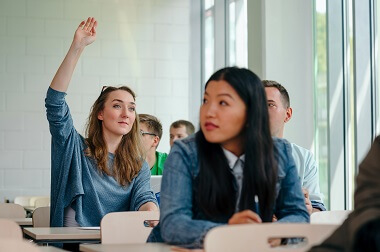Seminarium Szkoła Mistrzów 21.12.2022 g.15:00

W środę 21 grudnia 2022 o godz. 15:00 odbędzie się kolejne spotkanie w ramach seminarium Szkoła Mistrzów.
Gościć będziemy profesora Prof. Timothy Ingolda.
Tim Ingold, CBE, FBA, FRSE is Professor Emeritus of Social Anthropology at the University of
Aberdeen. He has carried out fieldwork among Saami and Finnish people in Lapland, and has
written on environment, technology and social organisation in the circumpolar North, on
animals in human society, and on human ecology and evolutionary theory. His more recent
work explores environmental perception and skilled practice. Ingold’s current interests lie
on the interface between anthropology, archaeology, art and architecture. His recent books
include The Perception of the Environment (2000), Lines (2007), Being Alive (2011), Making
(2013), The Life of Lines (2015), Anthropology and/as Education (2018), Anthropology: Why
it Matters (2018), Correspondences (2020) and Imagining for Real (2022). Ingold is a Fellow
of the British Academy and the Royal Society of Edinburgh. In 2022 he was made a CBE for
services to Anthropology.
Tytuł i abstrakt:
REASON AND RESPONSE-ABILITY
Tim Ingold
Societies institutionally committed to the advance of science and civilisation regard
education, first and foremost, as an engine of progress. It allows each generation to stand
on the shoulders of its predecessors. The promise of education lies principally in its
cultivation of arts of the intellect which, in their operation, are entirely indifferent to
variations of human experience – or at best, treat these variations as material for analysis.
Yet this regime of progressive education, wedded to a meritocratic conception of
citizenship, has generated unsustainable inequalities in the distribution of reward and
undermined the democratic commitment to the common good. To heal the rift between
democracy and education means placing response-ability and sensitivity to difference
before rationality and standardised measures of attainment, allowing generations, once
again, to work together in producing a future for all.